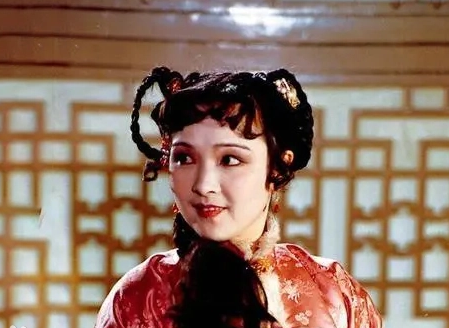In the long history of the Three Kingdoms period, Zhao Yun is renowned for his bravery and loyalty. However, his status in the Shu Han dynasty did not reach the level commensurate with his military achievements. Historians and enthusiasts of the Three Kingdoms period have put forward various hypotheses regarding why Liu Bei did not give Zhao Yun a higher position. This article explores this historical question.

Firstly, political background and interpersonal relationships played a role. When Liu Bei established the Shu Han dynasty, he needed to balance the power among various factions. His early followers, such as Guan Yu and Zhang Fei, were his sworn brothers, while Zhao Yun, although an early ally, was not a brother. This may have led to differences in terms of affection and trust. Additionally, after entering Sichuan, Liu Bei absorbed many former Liu Zhang subordinates, such as Fa Zheng and Huang Quan. The integration of these newcomers required the old guards to give them some space, potentially affecting Zhao Yun's political status.
Secondly, Zhao Yun's military talents and their application also mattered. Although Zhao Yun was highly skilled in martial arts, his military abilities were primarily reflected in charging into enemy formations and displaying personal bravery. In Liu Bei's strategic planning, he may have needed commanders and advisors who could handle a wide range of tasks independently. For instance, Zhu Ge Liang's wisdom, Guan Yu and Zhang Fei's bravery, and Wei Yan's unique talents were all allocated based on the characteristics of different battlefields and missions. Therefore, Zhao Yun may not have met Liu Bei's requirements for senior commanders at the strategic level.
Thirdly, Zhao Yun's personality and leadership style were factors. Known for his loyalty and humility, Zhao Yun was not adept at political intrigue or self-promotion. In a chaotic era like the Three Kingdoms, being proactive often meant more opportunities and higher status. Zhao Yun's personality may have put him at a disadvantage in political struggles. Meanwhile, Liu Bei's leadership style may have favored those who could secure the greatest benefits for him, and Zhao Yun's personality and abilities may not have been fully demonstrated in this regard.
In conclusion, the reasons why Liu Bei did not give Zhao Yun a higher position were likely multifaceted, encompassing political background, the application of military talents, and mismatches in personality and leadership style. These factors combined to shape Zhao Yun's unique status in the history of the Shu Han dynasty. Although he did not achieve the highest position, his loyalty and bravery have been praised by future generations, making him a glorious figure in the history of the Three Kingdoms.
Disclaimer: The above content is sourced from the internet and the copyright belongs to the original author. If there is any infringement of your original copyright, please inform us and we will delete the relevant content as soon as possible.
































